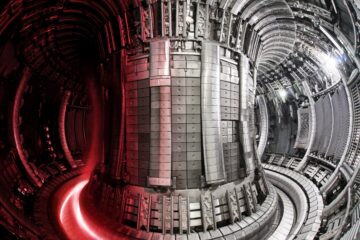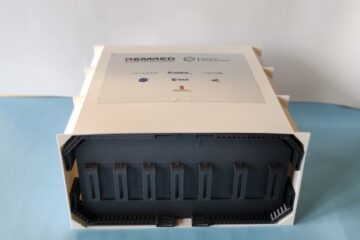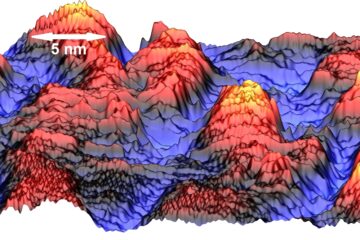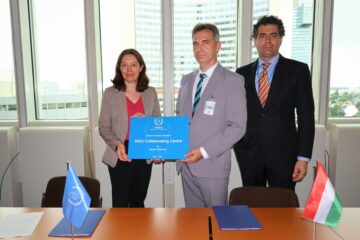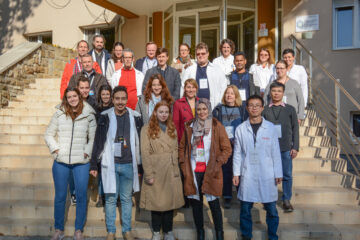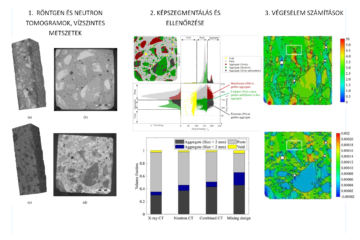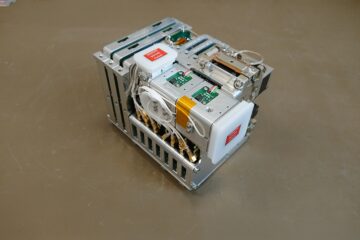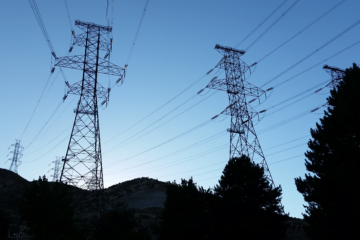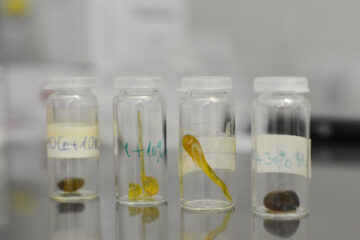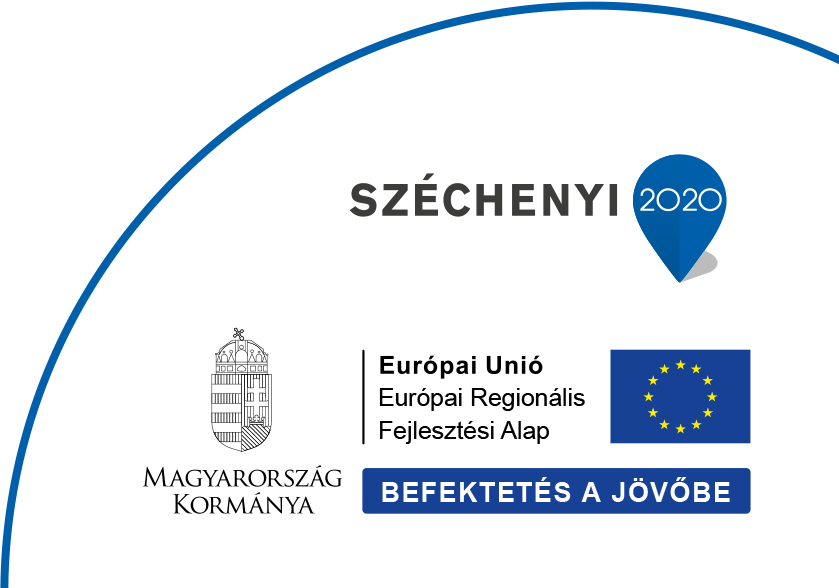European researchers set a fusion energy record with Hungarian participation
Record results announced today are the clearest demonstration in a quarter of a century of the potential for fusion energy to deliver safe and sustainable low-carbon energy. Researchers from the EUROfusion consortium – 4,800 experts, students and staff from across Europe, co-funded by the European Commission and including researchers from Read more
